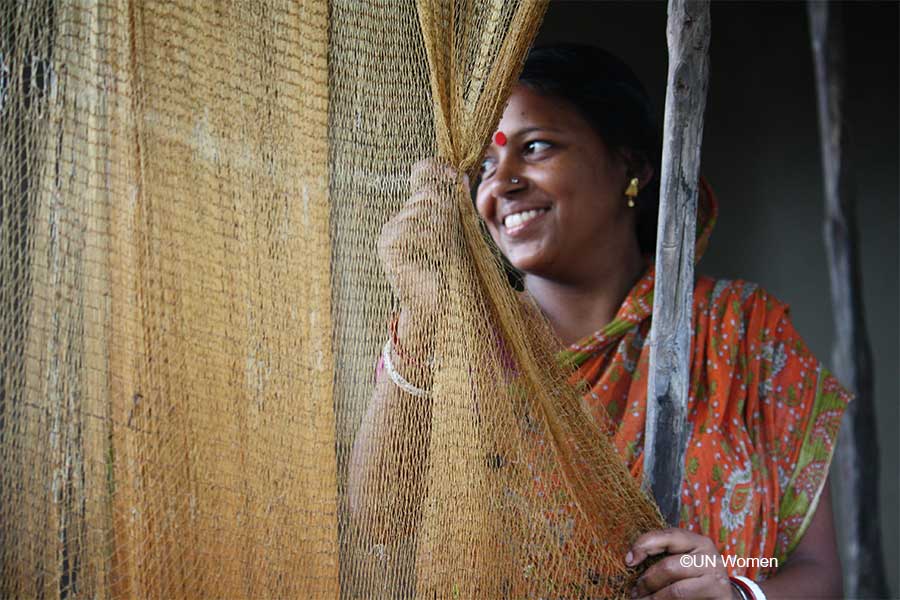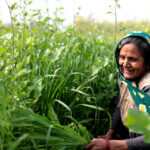Gender inequality and gender stereotypes
Gender inequality affects every member of society, directly and indirectly, although in varying degrees. Gender inequality results in unequal opportunities, and while it impacts the lives of both genders, statistically it is girls that are the most disadvantaged. In many countries, social norms dictate that girls should bear the brunt of caregiving roles and domestic work. Social norms and gender stereotypes have resulted in many child marriages, unwanted pregnancies, as well as female genital mutilation.

Every year, about 12 million girls get married before the age of 18 and 4 million girls risk undergoing female genital mutilations. Worldwide, nearly 1 in 4 girls between the ages of 15 and 19 are neither employed nor in education or training – compared to 1 in 10 boys. According to UNICEF, 132 million girls are out of school globally.
Empowering girls require access to evidence-based programs, targeted to enhance the value of girls by investing in and empowering them, with education, life skills, and employment opportunities.
The findings on the impact of micro-finance are controversial and inconclusive. A Campbell review on economic self-help group suggests that economic SHGs have positive effects on various dimensions of women’s empowerment, including economic, social, and political empowerment.

Vocational and business training can be an effective tool to enhance women’s skills and capacity to participate in the informal or formal labour market, but the evidence is mixed, with positive effects on employment and income in some studies, while no effects or partial effects in others.
Cash transfers are an effective way of reaching poor women, and, when combined with conditions around certain behaviors, such as children’s school attendance, help support inter-generational poverty reduction.
Gender-responsive support such as gender-responsive curricula and pedagogy is needed to reduce out-of-school girls and boys. Findings of a review revealed that most school‐ and community‐based programs were effective in decreasing school dropouts.
In many societies, masculinity is associated with violence, dominance, and aggressiveness. A review on youth gang involvement indicates that programs that provided alternate avenues of engagement for youth, such as art, sport, dance, and drama were far more accepted by youth and helped to combat the social exclusion associated with gang membership.
Findings of a review indicate that when young people participated in dating violence programs, they increased their

knowledge of sexual harassment and dating violence, but did not actuallydemonstrate a shift in behaviors. This review highlights that knowledge will not be enough; perpetrators of sexual harassment and assault need to be held accountable.
In some parts of the world, gender norms call on boys to enter the workforce earlier leading to a number of teenage boys’ dropping-out of school to get an unskilled job; this not only deprives a child of education but also increases their risk of engaging in illegal activities.
Actively addressing boys’ disadvantage in education could be transformative in promoting gender equality, reducing violence, and protecting youth from risk factors that distort their futures.
Write to us to know more and to get in touch: southasia@campbellcollaboration.org




